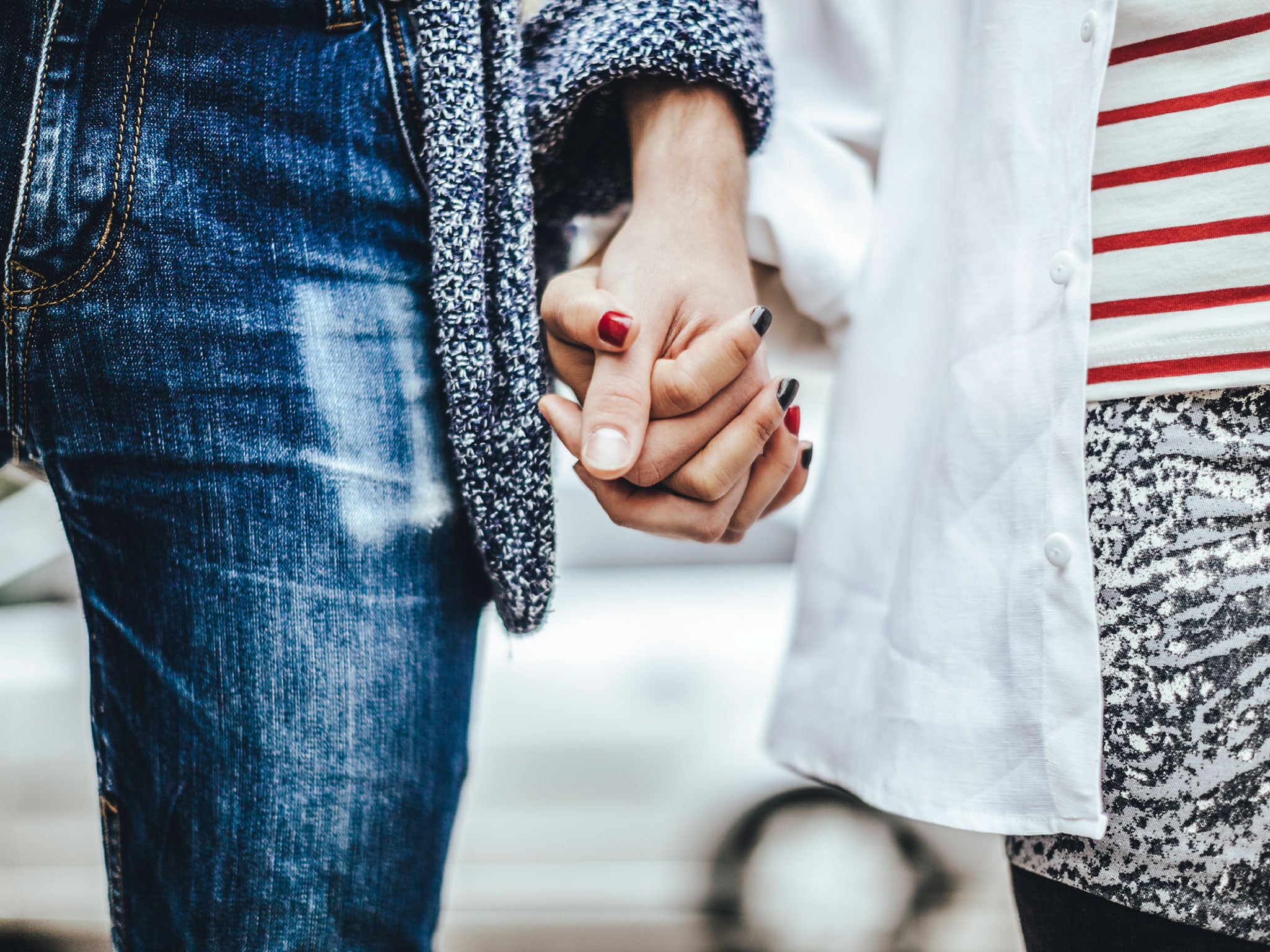Valentine's Day: The science behind why we fall in love
Attraction, lust and attachment boiled down to the biology

From the heady moment when you click with a person as the conversation flows to the feeling of certainty that they are the most amazing human on the planet: most of us will experience love, and the feelings of attraction, lust and attachment as it develops.
But what exactly causes these feelings?
Attraction
When you become attracted to someone, a series of chemicals are released in the brain.
Dopamine produces the feeling of bliss, leading to a loss of appetite and sleepless nights.
Norepinephrine activates stress responses, causing an increased heart rate and sweating, and a protein called nerve growth factor is produced.
Serotonin levels fall, making it difficult to keep the object of your desire out of your thoughts, idealising them and becoming oblivious to their flaws.
Lust
When we reach puberty, testosterone and oestrogen become active in our bodies. These hormones create the desire to experience love, and so we start looking for a mate. Who we lust after is influenced by a number of factors. Looks and personality play a roll, and research has revealed that we tend to be attracted to people who remind us of our parents. We also sniff out potential mates, and studies have found that we tend to prefer the smell of others who have an immune system that is different to our own.
Attachment
If a relationship is going to last, a strong bond must form. Two key hormones, oxytocin and vasopressin, are involved in forming this commitment. Oxytocin is released when we hug, kiss and have sex. It helps to establish trust and intimacy. Vasopressin, a hormone responsible for regulating the body’s retention of water, is also released during sex and encourages monogamy. Endorphins also play a key role in attachment, suppressing pain and creating a sense of security when released.
Jo Stass writes for How It Works Magazine. Follow the magazine on Twitter: @HowItWorksmag
Join our commenting forum
Join thought-provoking conversations, follow other Independent readers and see their replies
Comments
Bookmark popover
Removed from bookmarks